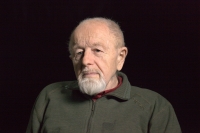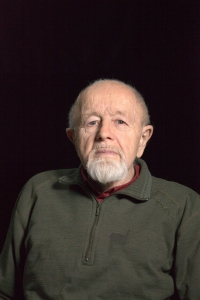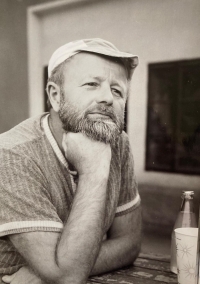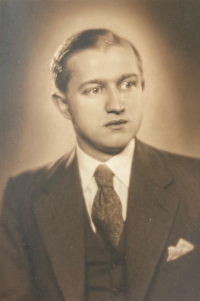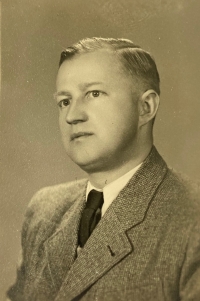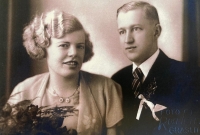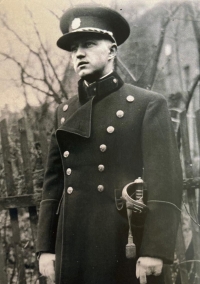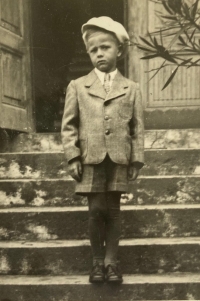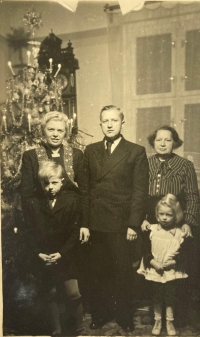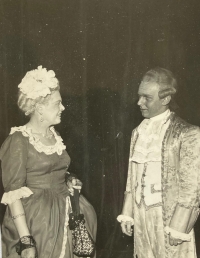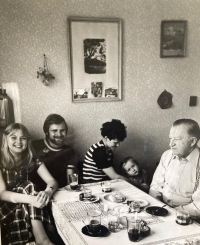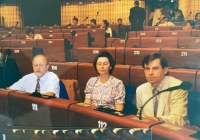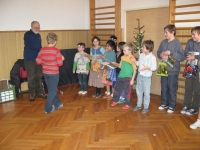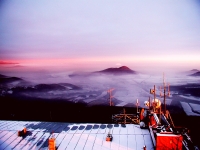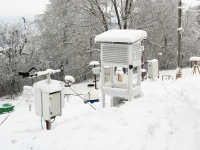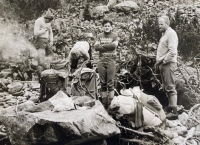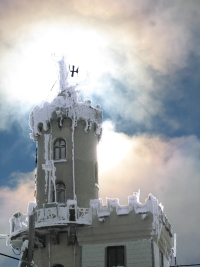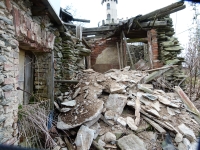Soviet soldiers stole bottles of dyed water. They were executed

Stáhnout obrázek
Leopold Kukačka was born on 23 June 1935 in Kaplice, South Bohemia, into the family of a civil servant. He, his mother, and his five years younger sister stayed at home. When World War II was approaching in 1938, and the German army was occupying the borderlands, the father took the family to relatives in Litomyšl. After the war, they moved to Ústí nad Orlicí, where the father was to establish a new district national committee. Due to his acquaintance with the Social Democratic politician, Minister of Industry, Bohumil Laušman, who was dragged back to Czechoslovakia from emigration by the secret police, he lost his position and the post of the head of the office. After school, the witness joined the East Bohemian Chemical Works in Pardubice, where he completed the so-called working reserve, and the plant sent him to further studies at the chemical industrial school. He was a passionate mountaineer, and his notes about his trips to the Romanian Carpathian Mountains literally created a Carpathian mania in the then Czechoslovakia. Leopold Kukačka became a member of the Communist Party during the war. Still, because of his opposition to the occupation of Czechoslovakia in August 1968 by the Warsaw Pact troops, he gave up his membership. However, it was not easy to leave the party with impunity at that time. So, the regime and its loyal henchmen ensured that the witness had no peace at any workplace. In addition, he was expelled from his distance studies at the University of Economics, and his children were not allowed to study either. For more than a year, State Security agents would come to him and try to persuade him to cooperate, which he refused. In 1973, he joined the Institute of Physics and Atmosphere as an observer at the Milešovka Observatory, where he worked for almost thirty years. After the Velvet Revolution, he co-founded the Green Party. After the first free elections in 1990, he became Deputy Mayor of Ústí nad Labem. After the end of his mandate, he returned as a retired scientific assistant to the Milešovka Observatory. He co-founded and served on the board of the Milešovka General Benefit Society, which set itself the goal of reconstructing the buildings and the summit area on the highest mountain of the Bohemian Central Highlands. In 2023, the witness lived in Ústí nad Labem. We were able to record the story of the witness thanks to the support of the city of Ústí nad Labem.
